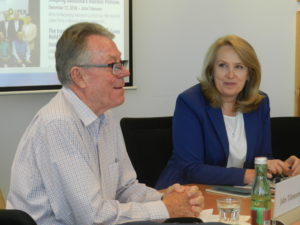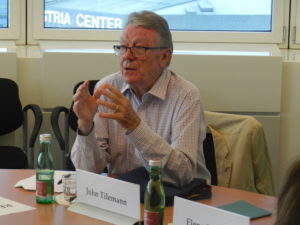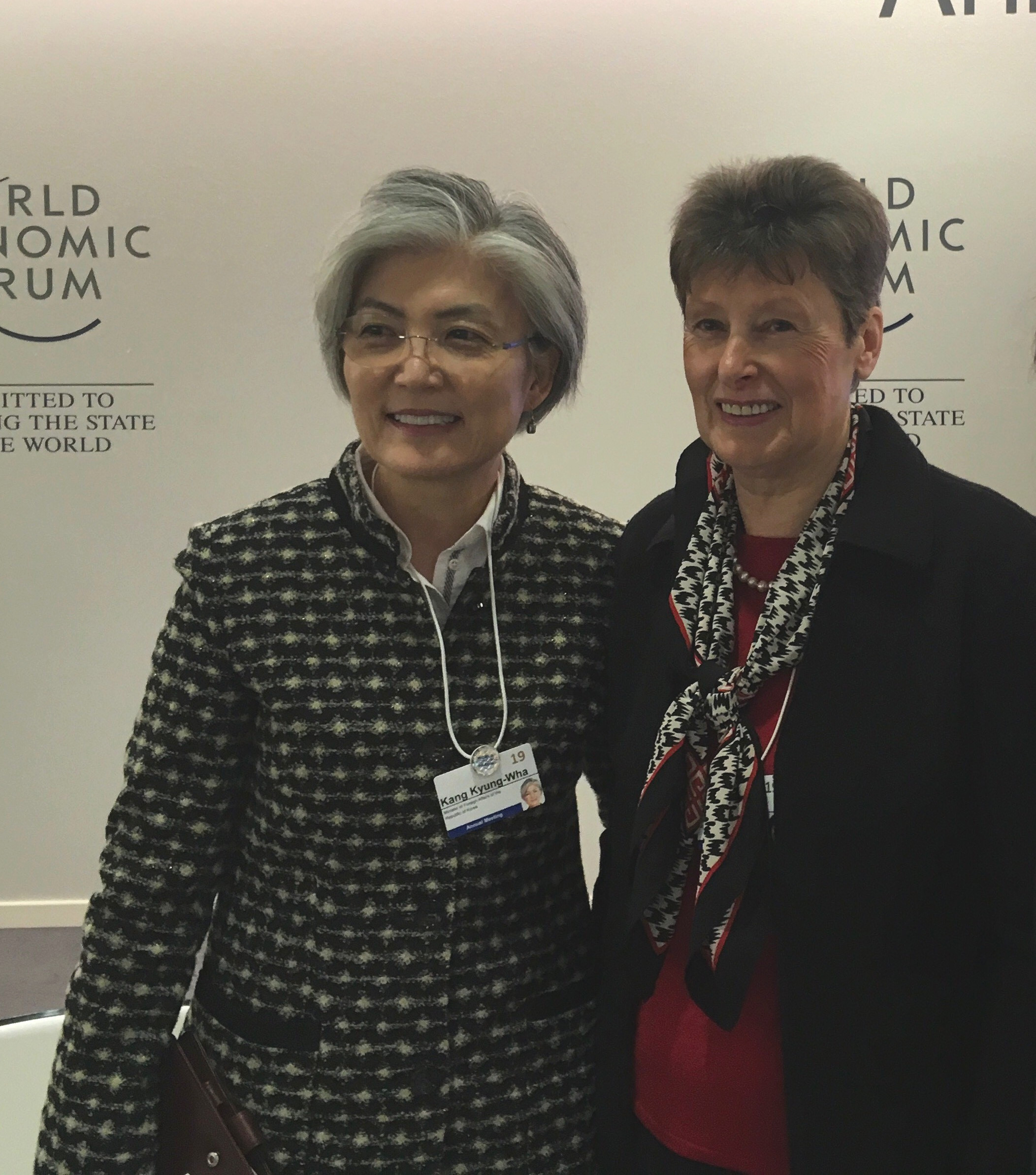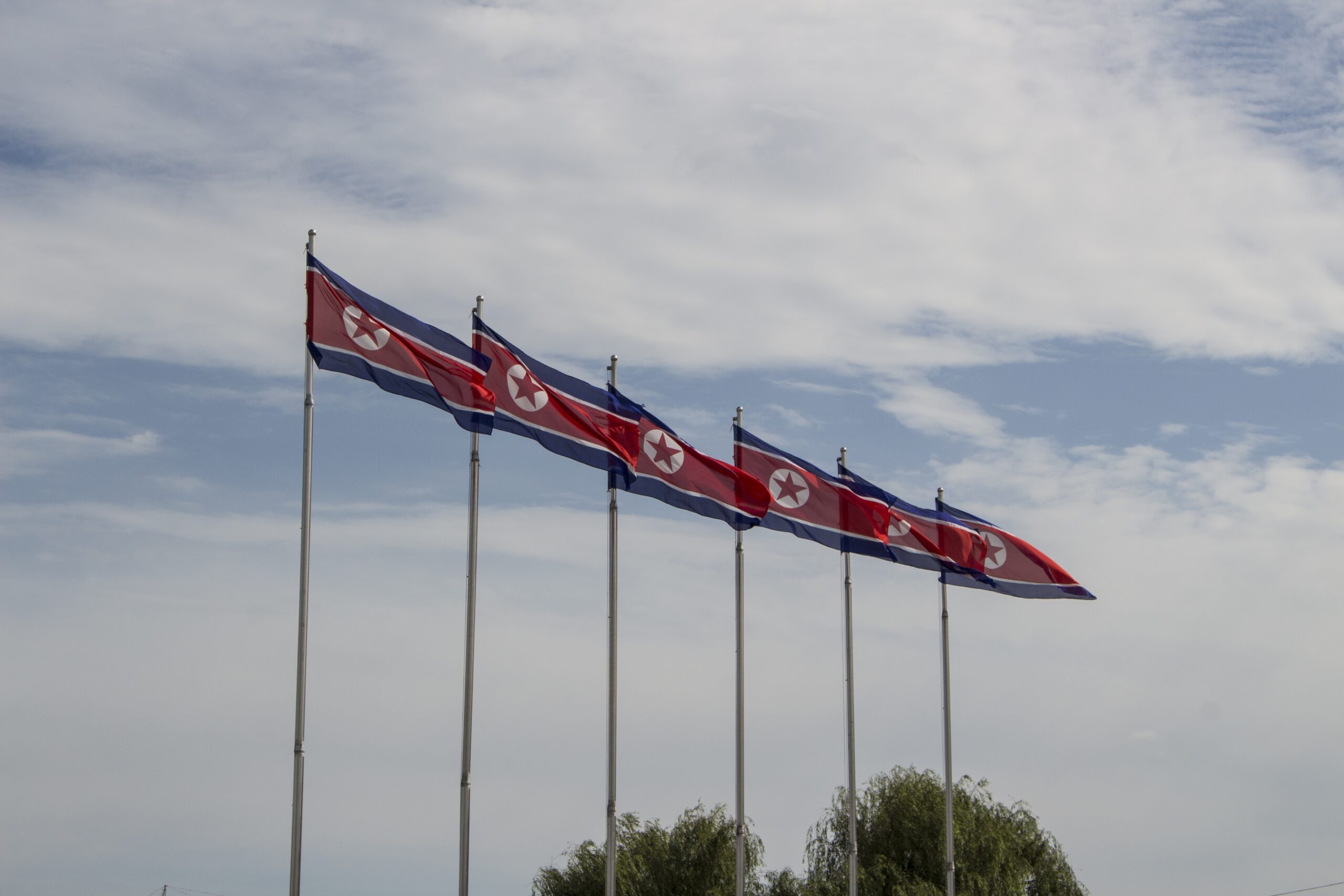
On 8 August 2019, the VCDNP hosted a seminar entitled “The Indo-Pacific Nuclear Age: Let the Region Speak” by Research Director of the Asia-Pacific Leadership Network for Nuclear Non-Proliferation and Disarmament John Tilemann.

Mr. Tilemann began his presentation by providing an overview of the security situation in the region stating that the “epicenter of global nuclear threats has now shifted to the Indo-Pacific.” He noted that the region is home to several nuclear-weapon states, including those not recognized by the Treaty on the Non-Proliferation of Nuclear Weapons. In addition, there are several major flashpoints that continue to be a source of tension both regionally and globally, but the region lacks the infrastructure and institutional frameworks needed to manage these rising nuclear threats.
The speaker identified three primary pillars for strengthening nuclear security in the Indo-Pacific:
The nuclear dynamics within the Indo-Pacific are linked by not only regional conflicts and geopolitical interests, but also an increase in nuclear energy programs. Mr. Tilemann argued that these interlinkages require the international community to think about the region as a whole rather than a collection of sub-regions and individual crises. He emphasized that old avenues of mutual understanding are disappearing across the region, and that the existing architecture for crisis reduction is inadequate. He stressed that states within the region, with the support of outside actors, must be proactive in developing additional initiatives and frameworks to address security risks, particularly nuclear threats. The international community should also encourage regionally-driven research to support policy development, as well as support the creation of new Track 1.5 and Track 2 frameworks for regional dialogue.

The speaker noted that the Association of Southeast Asian Nations (ASEAN) has become an important avenue for addressing emerging security issues and promoting dialogue across the region. Indo-Pacific nations have accepted ASEAN as a neutral participant capable of bridging the divide between the countries. Tilemann stressed that ASEAN should now begin to move beyond dialogue and place a greater emphasis on “drafting confidence-building measures, practical measures, and diplomacy.” The speaker pointed to the Open Skies Treaty as a potential model for confidence-building measures that may be of interest to the region, particularly in the case of India and Pakistan.
Mr. Tilemann underscored that any confidence-building measures must come from within the region itself. Indo-Pacific countries are in a position to test new confidence-building measures that may have global applications. These countries should seek to identify approaches and techniques that yield positive results, and the international community should recognize when progress is made. Mr. Tilemann also acknowledged that the region is incredibly complex and culturally varied. Containing and eliminating nuclear security challenges in South Asia and in North East Asia, in particular on the Korean peninsula, will likely require separate framework mechanisms independent from other parts of the Indo-Pacific. However, this separation should not prevent Indo-Pacific states from pursuing creative regional cooperation opportunities.
The seminar was followed by a question and answer session with several audience recommendations of institutions that could support mutual cooperation and confidence-building measures in the Indo-Pacific, such as the Council for Security Cooperation in the Asia Pacific.

